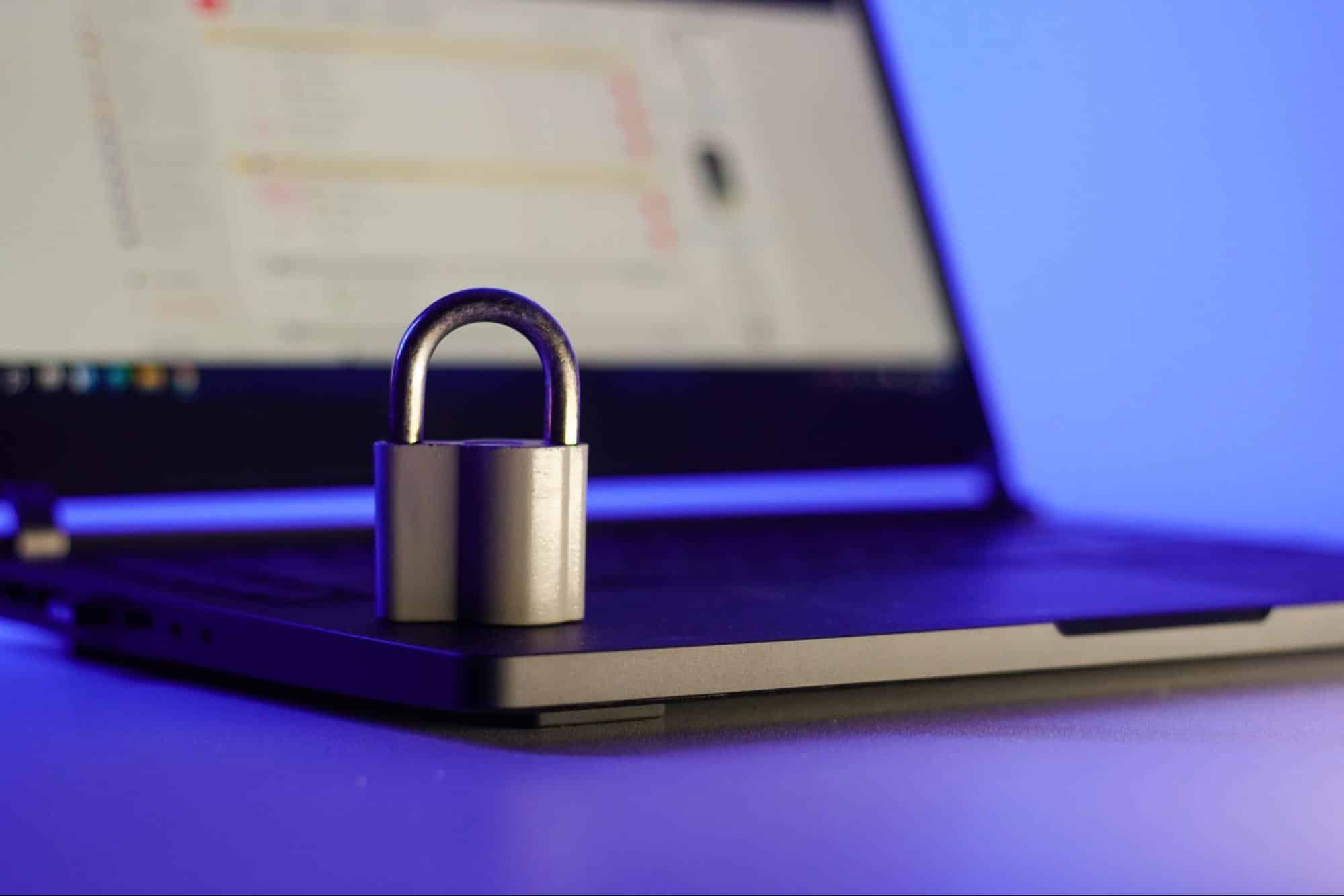A growing number of people are rethinking their careers and the educational paths they take to get there. One such field is cybersecurity, which offers many opportunities for those with the right skills and training.
One way to get started in cybersecurity is to earn a certificate. A cybersecurity certificate can help you stand out from the crowd and demonstrate your commitment to this growing field.
MyComputerCareer is an educational organization that trains candidates to earn top certifications from top organizations such as Cisco, Linux, Microsoft, CompTIA, and the EC-Council.
Among its many certificate courses, MyComputerCareer offers the following cybersecurity certification courses:
- Cisco Certified Network Associate Security (CCNA Security)
- CompTIA Security+
- Certified Ethical Hacker (CEH)
In this article, we’ll take a closer look at each of these cybersecurity certifications and what they can do for you.
What can you do with a cybersecurity certificate?
A cybersecurity certificate can help you qualify for a variety of jobs in the cybersecurity field.
According to ZipRecruiter, the average annual pay for an entry-level Information Security Analyst, for example, is $67,282 a year, while the Bureau of Labor Statistics reports that the median salary for the same position is over $100,000 per year.
And with the expected growth of this field projected to be 28% from 2016 to 2026, now is an ideal time to enter cybersecurity.
With a cybersecurity certificate, you can work as an information security analyst, network security engineer, computer forensics investigator, or cybersecurity consultant, among other positions.
The most prominent cybersecurity positions are:
Consultants
Cybersecurity consultants are in high demand as more and more businesses look to improve their cybersecurity posture.
A cybersecurity consultant is responsible for assessing and improving an organization’s cybersecurity systems.
They conduct risk assessments, analyze potential breaches, enhance network security strategies, and supervise the implementation of solutions.
Typically, cybersecurity consultants function as generalists in the field, although they may also specialize in one or more areas.
Analysts
Cybersecurity analysts specialize in network and IT infrastructure security.
They have a deep understanding of cyberattacks, malware, and the behavior of cyber attackers and actively look for and prevent these attacks.
Cybersecurity analysts’ responsibility is to protect clients’ hardware, software, and networks from cyber attackers.
They need to know the client’s IT infrastructure in detail, constantly monitor it, and evaluate risks and threats that could potentially breach the network.
Cybersecurity analysts always look for ways to enhance company network security and protect sensitive information.
Engineers
Cybersecurity engineers are responsible for identifying threats and vulnerabilities in an organization’s systems and software and developing and implementing high-tech solutions to defend against hacking, insider threats, malware and ransomware, and any other type of cybercrime.
They are also often responsible for implementing security policies and procedures.
Cybersecurity engineers perform assessments and penetration testing, develop and implement secure network solutions, engineer trusted systems into clients’ secure systems, and manage audit/intrusion and security technology systems.
Leadership roles
In addition to technical positions, there is also a need for cybersecurity leaders who can manage teams of cybersecurity professionals.
Cybersecurity managers are responsible for developing and implementing cybersecurity plans and policies. They also oversee the work of cybersecurity analysts, engineers, and consultants.
To be a successful cybersecurity manager, you need to have strong leadership and management skills. You also need to have a firm understanding of cybersecurity risks, threats, and vulnerabilities.
Such positions come with knowledge and cybersecurity skills gained through certificate courses and programs and on-the-job experience.
What can you do with MyComputerCareer cyber security certificates?
CompTIA Security+
CompTIA Security+ is a great entry-level cybersecurity certification covering a range of topics, including network security, compliance, operational security, threats and vulnerabilities, and application, data, and host security.
The Security+ certification is vendor-neutral, meaning it’s not tied to any one particular product or technology. This makes it a valuable asset for those who want to work in cybersecurity in a variety of industries.
With this certification, you’ll have the skills to work as a cybersecurity analyst, security engineer, or security consultant.
Certified Ethical Hacker (CEH)
If you’re looking for more advanced cybersecurity certification, the Certified Ethical Hacker (CEH) certification may be right for you. This certification validates your ability to identify, assess, and counter cybersecurity threats.
To earn the CEH certification, you’ll need to pass an exam that covers a range of ethical hacking topics, including network security, systems security, web application security, and database security.
With this certification, you’ll have the skills to work as an ethical hacker, cybersecurity specialist, security consultant, or penetration tester.
Cisco Certified Network Associate Security (CCNA Security)
The Cisco Certified Network Associate Security (CCNA Security) certification is a great step up for those interested in advancing their cybersecurity knowledge.
This certification validates your ability to understand, configure, and operate network security devices such as firewalls, intrusion detection systems, and virtual private networks (VPNs).
The CCNA Security certification also covers cybersecurity fundamentals, such as threat identification, mitigation, and response.
With this certification, you’ll have the skills needed to work as a network administrator, network engineer, or security analyst.
Conclusion
Any certificate in cybersecurity, whether entry-level or more advanced, can help you start or further your career in the industry. With a cybersecurity certificate, you stand out from other job applicants, demonstrate your commitment to the field, and show you have the skills employers are looking for.
Cybersecurity positions are available in a variety of industries, including healthcare, finance, government, and education. No matter what your background or experience level, there’s a cybersecurity position that’s right for you.
MyComputerCareer provides all of these cybersecurity certificates and more. All of our cybersecurity certificate programs can be completed online, making it convenient and flexible for busy people.
If you’re interested in becoming a certified information systems security professional, contact MyComputerCareer today. We will be happy to answer any and all of your questions!


